Psychological Safety — Why Employees Need It
Psychological safety is one crucial prerequisite for innovation and high-performance teams.
The Secret of Psychological Safety
In the modern business world and leadership 4.0 resp. agile leadership concepts — blue vs red coloured work — there is for several years a huge discussion: "What makes a high-performing team"— What are the success factors?
The answer is simple but difficult to achieve:
Psychological safety. In psychologically safe teams, team members feel accepted and respected. Team members share the belief that they are safe for interpersonal risk-taking. Each team member feels enabled to give voice to their ideas without fearing reprisal or rebuke.
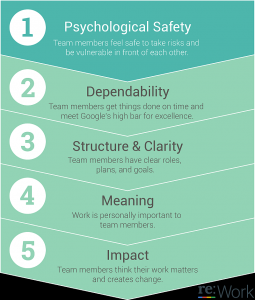
In 2016, Google published a study done in his Aristotle project. Google investigated which characteristics make a high performing team. The researchers looked at 180 teams from all over the company. In the project, Aristotle Google identified 5 keys to team success.
These success factors are strongly related to the work of Daniel Pink published in his book what motivates us as humans. As Dan Pink points out in his RSA talk and his book Drive, people are motivated by autonomy, purpose, and mastery.
And, Takeuchi and Nonaka observed in their seminal paper about Scrum that great teams exhibit autonomy, transcendence, and cross-fertilization.
Amy Edmondson, Novartis Professor of Leadership and Management at Harvard Business School, coined the notion of psychological safety. Psychological safety is a shared belief that the team is safe for interpersonal risk-taking. In psychologically safe teams, team members feel accepted and respected.
- Psychological Safety — Can we take risks on the team without feeling insecure or embarrassed? Team members need to know that their management and team fellows will support them. This makes them comfortable in taking risks and even to fail.
- Dependability — Can we count on each other to do high-quality work on time? Everyone needs to contribute to the best of their ability and deliver high-quality work within in the constraints and resources agreed on. Dependability is synonym with commitment and accountability to do the job.
- Structure and Clarity — Are goals, roles, and execution plans on our team clear? Everyone needs to understand what part they play on the team.
- Meaning of Work — Do we know that the work we’re doing matters? Individual personal satisfaction is directly linked to the importance and meaning, of the job we perform.
- Impact of Work — How does the work that people are doing actually benefit the company? Team members want to feel that they are not simply wasting their time when doing things. This again supports many ideas in Daniel Pinks’ book.
According to Google, if you can create an environment of psychological safety, where “team members feel safe to take risks and be vulnerable in front of each other”, it will underpin everything else needed for extraordinary performance, such as dependability, structure, and clarity.
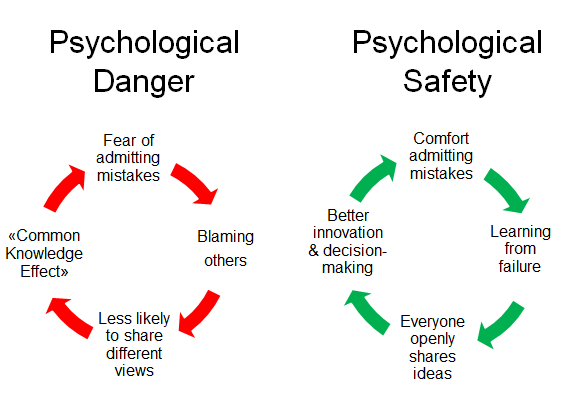 The most crucial and at the same time most difficult point in creating psychological safety: being comfortable with being wrong. The reason why it is difficult is many of us have been taught to avoid that at all cost (Lauren Joseph, 2016).
The most crucial and at the same time most difficult point in creating psychological safety: being comfortable with being wrong. The reason why it is difficult is many of us have been taught to avoid that at all cost (Lauren Joseph, 2016).
To create psychological safety try to establish
- Being wrong is OK. – Most organisations avoid failing like a plague. Often, failure is associated with humiliation, blame, and shame. Create a safe space by decoupling an opinion or argument from the personality of the person espousing it. For this create a healthy debate culture use the roleplaying of devil’s advocate where the team focuses on the facts and ideas as opposed to the person bringing them.
- Don't play the Blame Game. – The essence of the blame game is finger pointing and blaming people being accountable or being alleged accountable.
In their article “Making Dumb Groups Smarter”, Cass Sunstein and Reid Hastie explain that managers view failure as an opportunity to “point fingers, humiliate the guilty and throw a few overboard”.
In contrast to focusing on blame, psychologically safe environments embrace mistakes and treat failure as learning opportunity – keyword "failure bow". As a leader encourage your employees to take risks. And show gratitude for the work and effort invested, regardless of a negative outcome. - Regard outlying views. – Organisations and teams tend to group thinking and common knowledge effect. This means that outlying views are ignored. As a manager listen actively for outlying or contrarian views and reward them. Even if the idea is not perfect. If you acknowledge and demonstrate authentic interest in understanding its merits, you demonstrate to the rest of the group that uncommon knowledge is welcome and valued.
Further Reading
- Darren Reinke: How To Be Like Google: Creating Psychological Safety Within Your Team. Group Sixty, May 8, 2017.
- John Cutler: Of Course Psychological Safety…But How? Medium, Jan 4, 2018.
- John Cutler: Actionable Ways To Improve Psychological Safety On Teams. Medium, Aug 5, 2017.
- Jonha Revesencio: Why Happy Employees Are 12% More Productive. FastCompany, Jul, 2015.
- Charles Duhigg: What Google Learned From Its Quest to Build the Perfect Team. New York Times, Feb. 25, 2016.
- Lauren Joseph: Is your team in 'psychological danger'? World Economic Forum, Apr 12, 2016.
- Cass Sunstein, Reid Hastie: Making Dumb Groups Smarter, Harvard Business Review, Dec 2014.
: re:Work, Google • Lauren Joseph, .




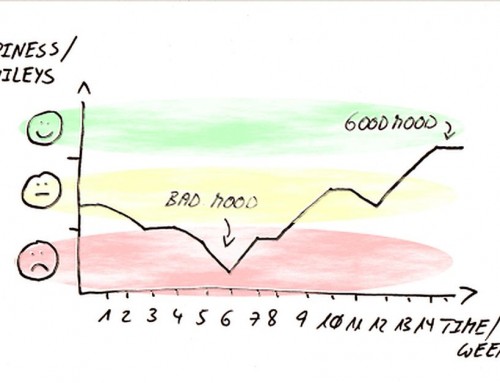
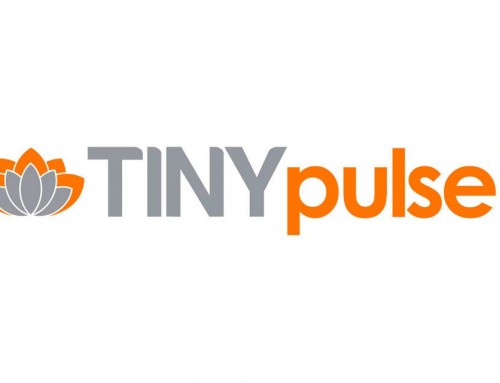
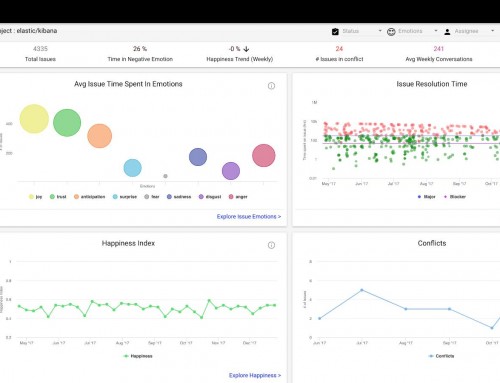
Leave A Comment